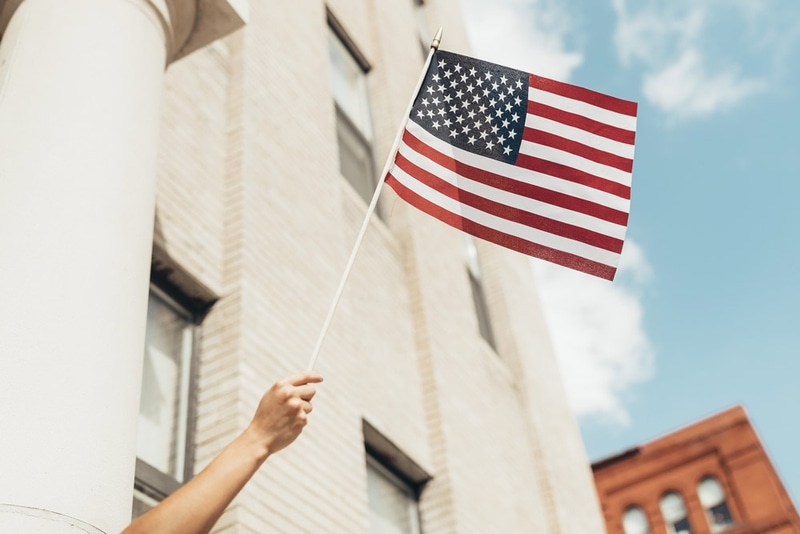Waivers (Immigrant and Non-Immigrant)
Regardless of whether you are coming to the U.S. temporarily or permanently or you are fighting deportation, you must prove that you are admissible to the U.S.
The immigration laws set forth numerous issues that make you inadmissible, which means the U.S. government will not let you in the U.S. Many of these inadmissibilities can be waived or pardoned. This requires that you file a waiver of inadmissibility. There are different forms, requirements, and ways to file for a permanent versus temporary waiver. Some examples of inadmissibilities are: convictions of certain crimes, fraud or misrepresentation, lack of vaccines, health-related issues, immigration violations, security risks, and illegal entry and/or presence, and people who have been previously removed/deported.
Immigrant Waivers
Immigration law provides an avenue of relief from some grounds of inadmissibility in the immigrant visa and adjustment of status contexts. For example, there are waivers for health-related grounds, fraudulent misrepresentation, criminal grounds, lack of vaccines, and unlawful presence. Most waivers require you to prove extreme hardship to a qualifying relative, which is hardship that exceeds the usual or expected and must go beyond what is typically associated with deportation. The qualifying relative differs depending on the waiver.
If you are coming to the U.S. permanently seeking a green card and you have been told you are inadmissible or think you are, you can file a waiver of this inadmissibly on Forms I-602, I-601 or I-601A. Most waivers are filed on Form I-601 except for waivers of unlawful presence for those who are currently in the U.S. with qualifying relatives or refugees, which are on I-602s. Only after a waiver is approved will you qualify for the visa you are applying for. If you must file an I-601 waiver, sometimes you must file this after you are outside the U.S. after a determination of inadmissibility.
If you are in the U.S. and your only inadmissibility is unlawful presence, you may be able to file the I-601A, provisional unlawful presence waiver, in the U.S. This allows you to wait for a decision on your application before traveling outside the U.S. to process your visa at an embassy or consulate. Before 2013, you were required to remain outside the U.S. while an unlawfully presence waiver was being adjudicated. Applicants for provisional waivers were required to demonstrate extreme hardship to either a U.S. citizen spouse or parent (a more limited group of qualifying relatives). In 2016, the provisional waiver was expanded to include anyone who would be eligible to apply for a waiver, including applicants coming through employment-based immigration, the diversity lottery, immigrant-based immigration, or any other immigrant classification.
Non-Immigrant Waivers
If you are coming to the U.S. temporarily under a tourist visa, student visa, nonimmigrant work visa, or as a nonimmigrant investor, and you have been told you are inadmissible or think you are, you can file a waiver of this inadmissibly to be allowed to enter the U.S. If you already have the appropriate visa (you became inadmissible after you received the visa), you would file for a waiver on Form I-192 by paper or online with Customs and Border Protection (CBP). But if you are from a country that does not require you to have a visa to enter the U.S (visa waiver program, ESTA), or you don’t have a visa yet, you will submit the waiver request along with the nonimmigrant application packet to the embassy or consulate where you apply. There is no specific form, format, or fee required for waivers submitted to a consulate.
Eligibility for this type of waiver is not conditioned on having a qualifying family relationship, the passage of a specified amount of time since the commission of an offense, or any other special statutory threshold requirement. The law does not require that waiver approvals be limited to humanitarian or other exceptional cases.
Foreign Residence Requirement for J Visa Holders
The 2-year foreign residence requirement was created to promote U.S. foreign policy and to assist countries by ensuring that individuals who studied in the U.S. would use their education to support the development of their home country. If you are subject to the two-year foreign residence requirement you may be eligible for a waiver if:
- Departure from the U.S. would impose an exceptional hardship on a US citizen or permanent resident (green card) spouse or child;
- The foreign national obtains a “no-objection” letter statement from his or her home country, or;
- U.S. federal agency, other than the Department of State (DOS), requests a waiver and shows that granting the waiver would be in the public interest, and return would be “clearly detrimental” to a program or activity of official interest to the agency making the request.


